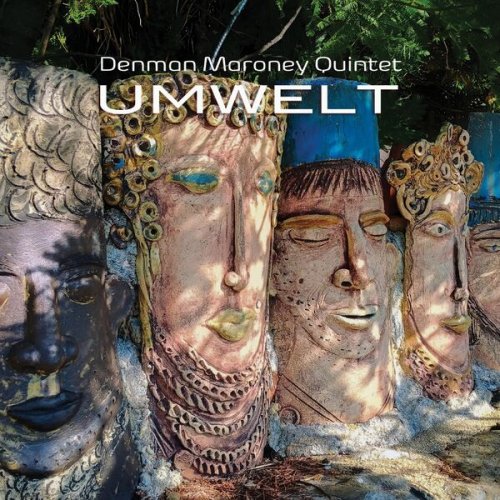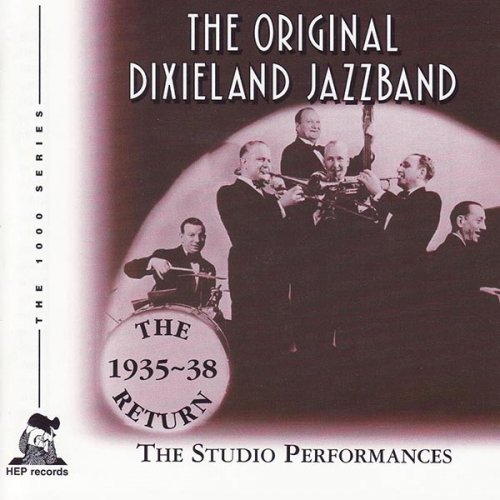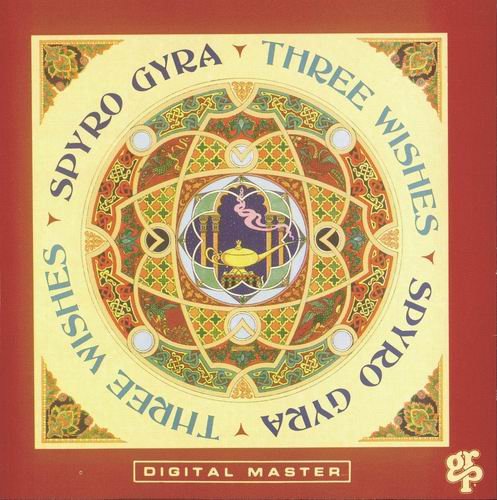Anna-Lena Elbert, Friederike Heumann, Evangelina Mascardi, Angélique Mauillon - Dreames & Imaginations - Poeticall Musicke to be sung to the Lyra viol (2024) [Hi-Res]
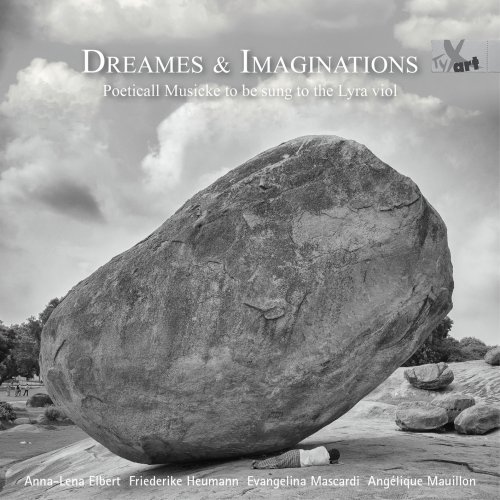
Artist: Anna-Lena Elbert, Friederike Heumann, Evangelina Mascardi, Angélique Mauillon
Title: Dreames & Imaginations - Poeticall Musicke to be sung to the Lyra viol
Year Of Release: 2024
Label: TYXArt
Genre: Classical
Quality: flac lossless (tracks) / flac 24bits - 96.0kHz +Booklet
Total Time: 01:03:31
Total Size: 298 mb / 1.14 gb
WebSite: Album Preview
TracklistTitle: Dreames & Imaginations - Poeticall Musicke to be sung to the Lyra viol
Year Of Release: 2024
Label: TYXArt
Genre: Classical
Quality: flac lossless (tracks) / flac 24bits - 96.0kHz +Booklet
Total Time: 01:03:31
Total Size: 298 mb / 1.14 gb
WebSite: Album Preview
01. Jones The Second Booke of Songs (London 1601) Love wing?d my hopes
02. Jones Whither runneth my sweet hart
03. Corkine The Second Booke of Ayres Walsingham
04. Jones The Second Booke of Songs (London 1601) O how my thoughts doe beate me
05. Jones My love bound me with a kisse
06. Hume The First Part of Ayres Fain would I change that Note
07. Hume Harke, Harke
08. Hume What greater griefe
09. Danyel Passymeasure Galliard
10. Jones The Second Booke of Songs (London 1601) Now what is love
11. Jones Come sorrow come
12. Ford Musicke of Sundrie Kindes Coranto
13. Jones The Second Booke of Songs (London 1601) Dreames and Imaginations
14. Ford Musicke of Sundrie Kindes A pill to purge Melancholie
15. Dowland Prelude
16. Dowland The First Booke of Songes or Ayres (London 1597) If my complaints
17. Corkine The Second Booke of Ayres Pavin
18. Corkine The Second Booke of Ayres Coranto
19. Corkine The Second Booke of Ayres If my complaints
20. Jones The Second Booke of Songs (London 1601) Fie fie
21. Jones Mee thought this other night
22. Dowland Come again
Late blossoms are particularly beautiful – this general wisdom is perhaps most true for music and especially true for the ayres of the English Renaissance. Late blossoms, however, seem to always carry with them the knowledge of their own transience. Behind the great, inexplicably poignant beauty, the finitude already glimmers: dreams are illusions; longing is unfulfilled yearning; love is unhappy love; happiness is past happiness; and sleep is eternal sleep. This immersion in the transience of all earthly things had a name in late 16th and early 17th century England: melancholy.
To cultivate melancholy as an aesthetic pleasure – perhaps no composer of the time mastered this art better than John Dowland (c. 1563–1626). But he was by no means the only one: Robert Jones (c. 1576–1615), Tobias Hume (c. 1579–1645), Thomas Ford (?–1648), William Corkine (unknown, early 17th century), and many other composers contributed to this intellectual trend in various ways. The intimate poetry of the 'golden Elizabethan age' is set to music by the singer, lutenist and composer Robert Jones in his »Second Booke of Songs« (London 1601) – "set out to the lute and bass viol by tablature after the lyre fashion".
All these composers contributed in their own way to the rich flowering of English Renaissance music by expanding the boundaries of musical forms and instrumental techniques, and by seeking out new, captivating sounds. Thanks to the excellent ensemble Anna-Lena Elbert (soprano), Friederike Heumann (viola da gamba, lyra viol) Evangelina Mascardi (Renaissance lute) and Angélique Mauillon (harp), this music blossoms once more in its former glory, and we – the listeners – can be enchanted by its beauty and inventiveness. Moreover, we are also invited to develop our own “dreams and imaginations,” melancholic or otherwise, to this music!
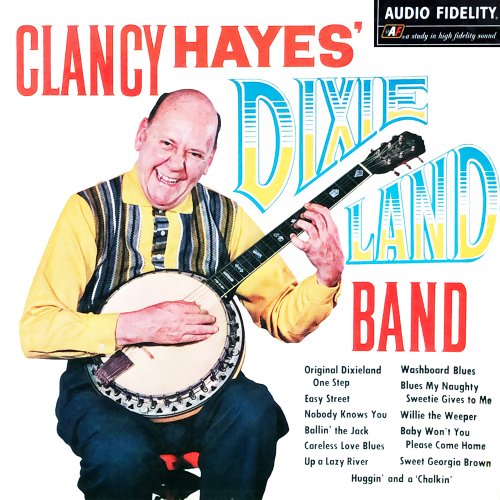
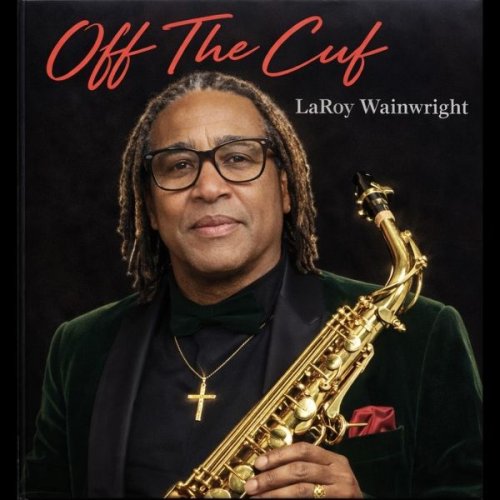
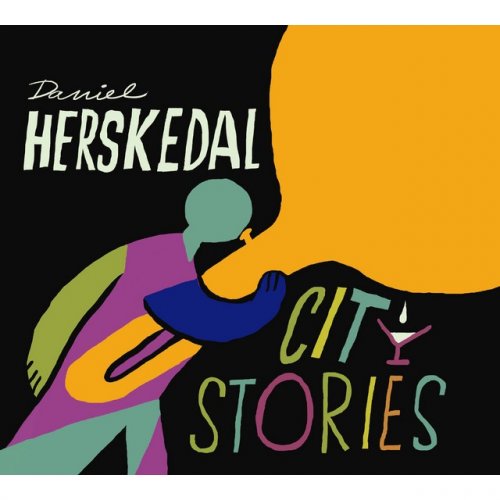
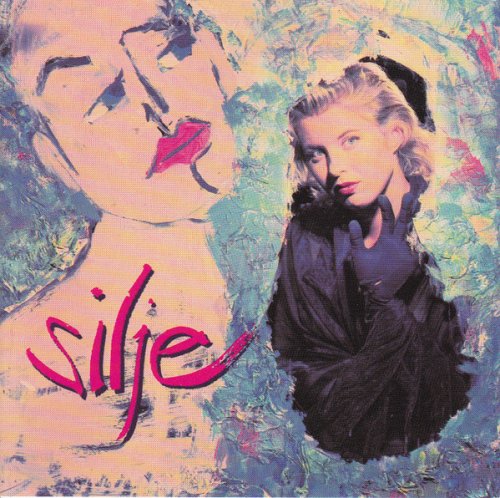
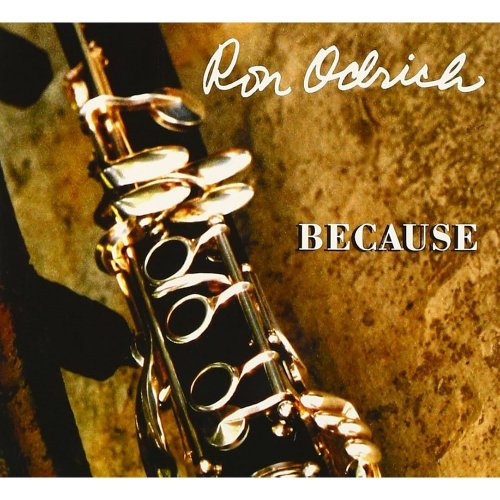
![Björn Meyer - Convergence (2026) [Hi-Res] Björn Meyer - Convergence (2026) [Hi-Res]](https://www.dibpic.com/uploads/posts/2026-01/1769000420_u6sqqe0hy9chb_600.jpg)
